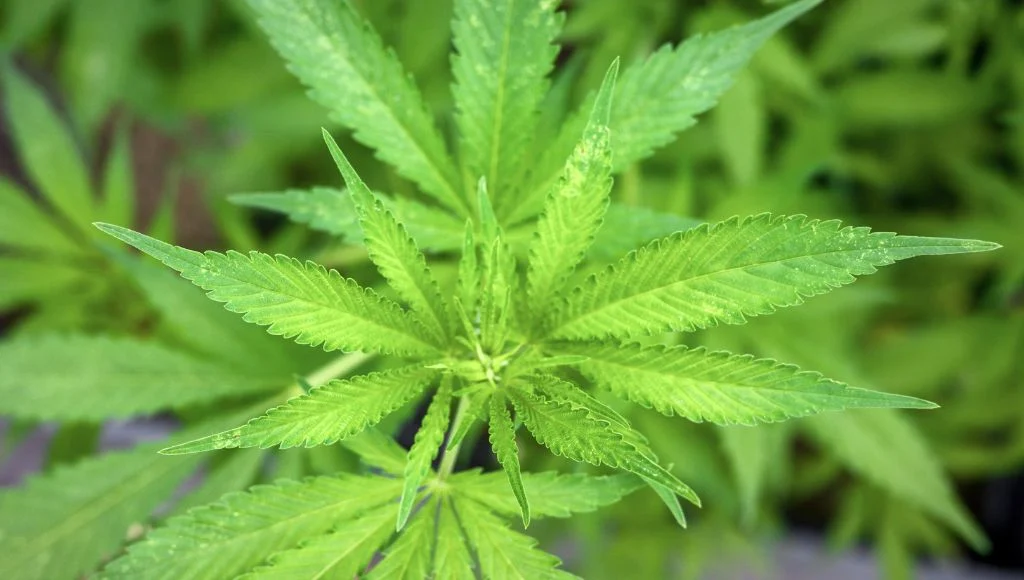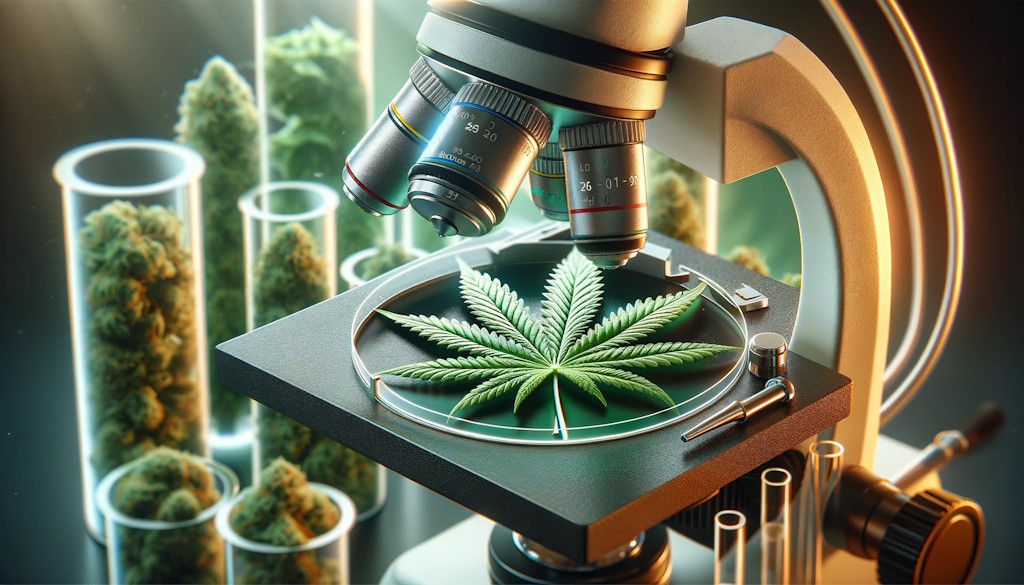Table of Contents
- Introduction to THCA Flower
- Health Benefits of THCA Flower
- How to Use THCA Flower
- Comparing THCA with Other Cannabinoids
- Potential Side Effects
- Legal Status of THCA
- Consumer Interest in THCA Flower
- Conclusion
Introduction to THCA Flower
THCA, or tetrahydrocannabinol acid, is a non-psychoactive cannabinoid found in raw cannabis plants. Unlike its decarboxylated form, THC, it doesn’t induce the typical “high” associated with cannabis consumption. As interest in cannabis research grows, many are turning their attention to the potential benefits and uses of THCA flower. This cannabinoid captures attention because of its array of possible therapeutic applications. Whether you’re new to cannabis or a seasoned user, understanding THCA’s unique properties can be eye-opening.
Initially, THCA exists in freshly harvested cannabis. It converts to THC when exposed to heat through a process called decarboxylation. This distinction is crucial because it highlights why raw, unheated cannabis doesn’t produce psychoactive effects. The rising interest in consuming raw cannabis has driven more inquiries about THCA’s specific benefits and how it can be incorporated into various wellness routines.
Health Benefits of THCA Flower
THCA flower is famous for its possible anti-inflammatory and neuroprotective effects. Studies indicate that it could assist in controlling symptoms of long-term diseases, such as arthritis and neurodegenerative disorders. For example, research suggests that THCA can decrease inflammation and oxidative stress, two crucial contributors to the advancement of long-term illnesses. In addition, early research suggests that it can help with reducing nausea and increasing appetite, offering hope for individuals with conditions such as HIV/AIDS and cancer receiving chemotherapy.
A significant study highlights the effectiveness of THCA in regulating the immune response, potentially providing therapeutic advantages for autoimmune disorders. Similarly, its neuroprotective properties are being explored for illnesses such as Alzheimer’s and Parkinson’s diseases. The anti-emetic properties of THCA make it an invaluable compound for those suffering from chronic nausea, which is often a side effect of various medical treatments.
How to Use THCA Flower
- Raw Consumption: THCA flower can be used in raw food recipes or smoothies to maintain its non-psychoactive properties. This method integrates THCA into your diet without causing intoxication, allowing you to enjoy its wellness benefits while avoiding any impact on productivity or mental clarity. Adding finely ground THCA to smoothies or salads can enhance your well-being and alertness.
- Topical Applications: THCA can be added to ointments and creams for direct skin application, offering specific pain and inflammation relief. This is especially beneficial for ailments such as arthritis. Topical THCA offers specific pain relief without affecting the entire body and can be mixed with other organic substances for increased healing advantages.
- Tinctures: THCA tinctures provide a controlled and rapid method of consumption. Administering a few drops sublingually allows for quick absorption into the bloodstream, making them suitable for immediate relief from symptoms such as nausea or pain. Tinctures also provide precise dosing and can be mixed with other ingredients to address various symptoms effectively.
Comparing THCA with Other Cannabinoids
THCA, in contrast to THC, does not result in mind-altering effects, which can be beneficial for individuals looking for healing properties without experiencing a high. Similarly, THCA offers advantages different from CBD, particularly its anti-inflammatory capabilities. THCA and CBD are beneficial and can be combined for a synergistic effect. For instance, while CBD is renowned for its anxiolytic properties, THCA’s anti-inflammatory properties can complement it, making a holistic approach to treatment possible.
When looking at them together, every cannabinoid provides distinct advantages for various ailments. THC may be beneficial in providing relief from pain and increasing appetite, though some may find the accompanying high undesirable. In contrast, CBD is famous for its soothing properties, which may help with anxiety and insomnia. THCA is known for its ability to reduce inflammation and nausea, offering a potential option for individuals who cannot tolerate the mind-altering effects of THC yet need relief from symptoms.
Potential Side Effects
Although THCA flower is typically safe, some people may encounter slight side effects like dry mouth or mild dizziness. It is always advisable to seek advice from a medical professional before starting any new supplements, particularly for individuals with preexisting health issues. Keeping track of how your body reacts to THCA can assist you in determining the appropriate dosage for your requirements. Unlike THC, THCA’s lack of psychoactive reduces the chance of causing mood-changing side effects.
That said, everyone’s body reacts differently to cannabinoids. Tracking your consumption and any side effects in a journal can be beneficial. This practice helps you understand how THCA interacts with your body, making it easier to effectively adjust dosages and consumption methods. Always start with a smaller dose to see how your body responds, especially if you are new to using cannabinoid products.
Legal Status of THCA
The legality of THCA varies by region and is still a subject of ongoing debate. Unlike THC, it sits in a gray area in many jurisdictions. For those interested in exploring this cannabinoid, staying informed about local regulations is essential. Be sure to verify whether THCA is classified as a controlled substance in your area before making purchases or using it in any form. Legal landscapes continually evolve, and staying updated can help you comply with local laws.
Various countries and states have different regulations regarding cannabis and its compounds. Some jurisdictions may allow THCA use in medical contexts but not for recreational purposes. Others may classify THCA as non-psychoactive and thus not subject to the same stringent regulations as THC. Understanding these distinctions is essential for avoiding legal complications and ensuring you can use THCA flowers safely and legally.
Consumer Interest in THCA Flower
The rising interest in alternative health treatments has propelled THCA flower into the spotlight. More consumers are beginning to recognize its potential, whether for its reported health benefits or versatility. The cannabis industry’s focus is gradually shifting from THC to other cannabinoids like THCA, encouraging more research and product diversity. New products incorporating THCA are continually being developed, expanding options for those interested in its benefits.
As researchers and consumers recognize THCA’s unique properties, its market presence grows. Innovations in extraction and formulation techniques make incorporating THCA into various consumer products easier. From supplements to skincare products, THCA’s versatility is driving its popularity. As a result, more scientific studies are being conducted to understand THCA’s potential better, creating a positive feedback loop that fosters greater awareness and usage.
Conclusion
THCA flower offers a unique addition to cannabinoids with its non-psychoactive benefits and potential therapeutic properties. As research continues, we can learn more about how this intriguing compound can contribute to health and wellness. For those interested in trying THCA flower, consulting with medical professionals and keeping abreast of changing legalities is essential. This way, you can safely and effectively integrate this cannabinoid into your wellness routine.

 Marketing5 months ago
Marketing5 months ago
 News5 months ago
News5 months ago
 THC5 months ago
THC5 months ago
 Marketing5 months ago
Marketing5 months ago
 News4 months ago
News4 months ago
 News1 month ago
News1 month ago
 News4 weeks ago
News4 weeks ago
 Health4 months ago
Health4 months ago

